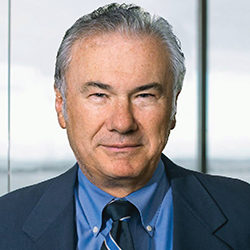Restoring and Revitalizing Technology Markets for Mobile Wireless: Geopolitical Dimensions of Patented Technology Embedded in Standards
Summary
One of the world’s greatest experiments in open innovation is mobile wireless. Technology enterprises have invested billions of R&D dollars to develop 2G, 3G, 4G, now 5G, and hopefully 6G soon. Technology developers make investments and look to the patent system and associated regulators to reward them for risky investments, should their patented technologies become included in the standards. In recent years there has been an uptick in the number of technology implementers. But because patents are not self-enforcing, unlicensed use occurs, which is corrosive of the open innovation system that allows non-vertically integrated firms to compete at the device level. This chapter reviews antitrust theories that some implementers have used to avoid paying royalties to patent owners. This is examined in the context of the FRAND licensing regime established by ETSI, a standards development organization. “Hold up” and “hold out” theories are examined. Hold up theories lack empirical support and are misused by some implementers—particularly those in China—who would prefer to free ride on the R&D investments of others. Restoring and revitalizing technology markets for mobile wireless likely requires limits to be placed on the availability of FRAND licenses with respect to recalcitrant technology implementers. Otherwise, the innovation ecosystem will be harmed, and open innovation (that is, licensing) business models will collapse.





